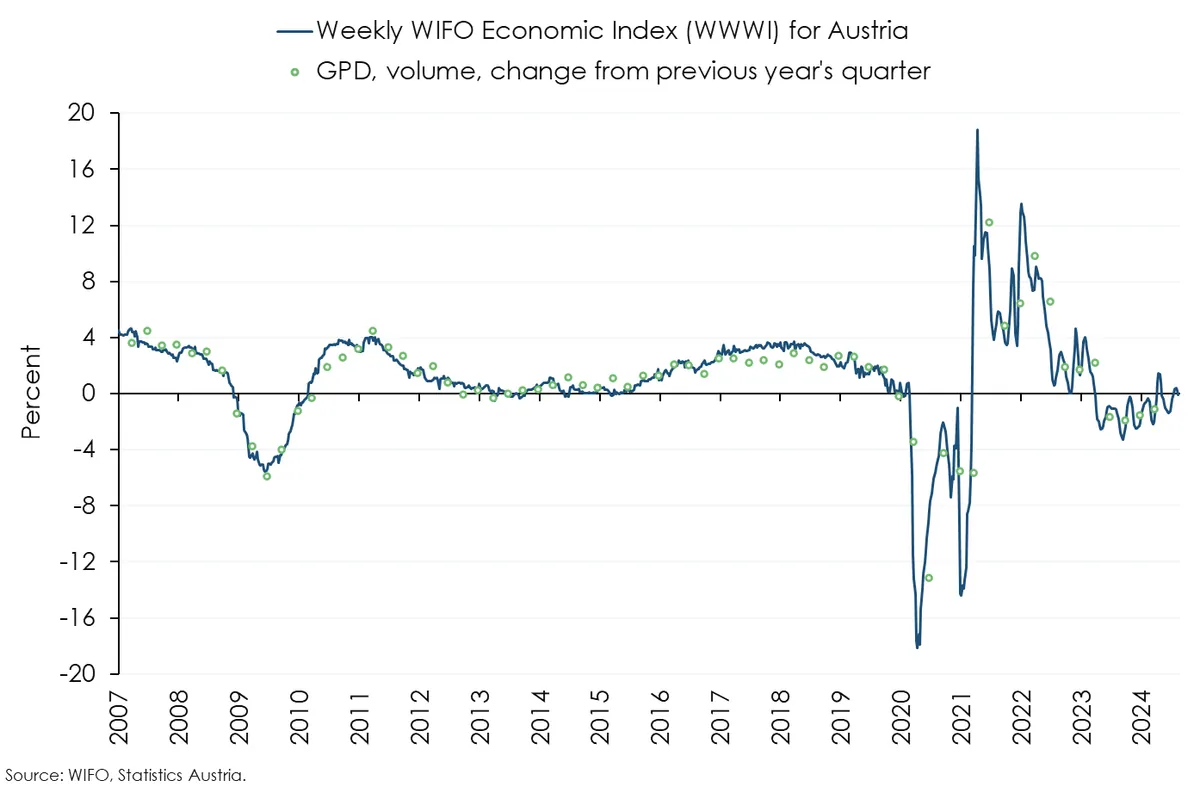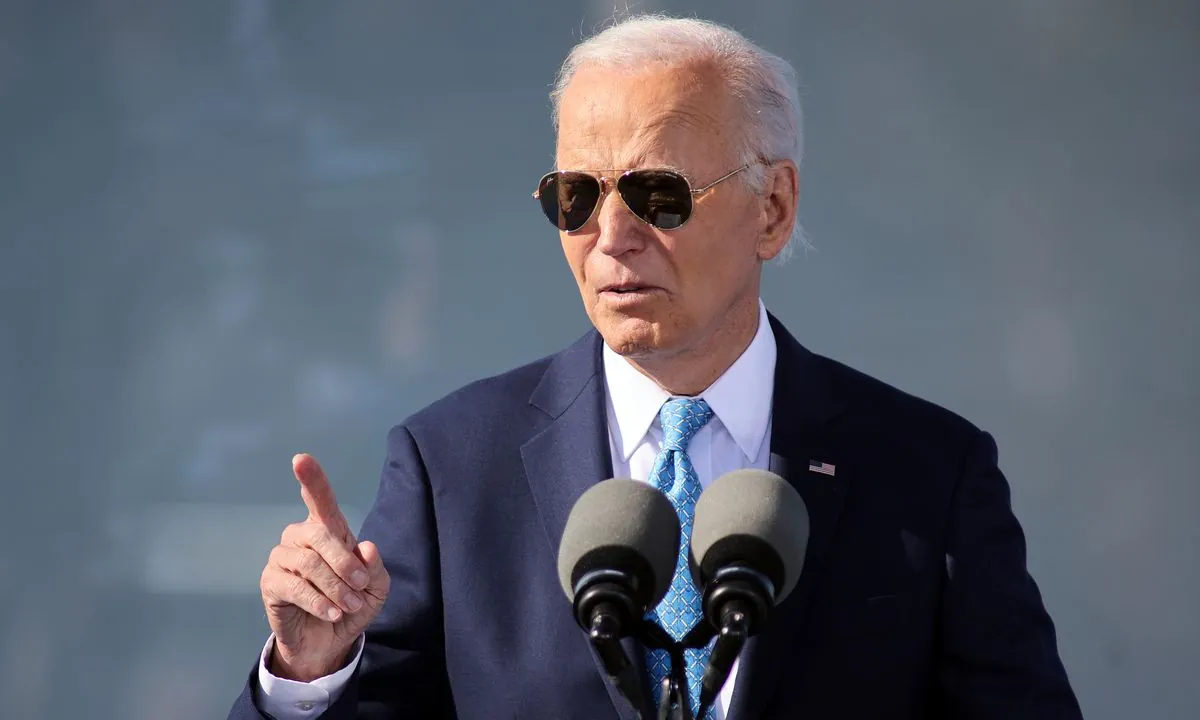Austria's Economic Crossroads: Parties Unveil Diverse Fiscal Plans for Election
Austria's upcoming election sees parties proposing varied economic strategies amid inflation and potential recession. Key issues include tax reforms, energy transition, and wealth distribution approaches.

As Austria prepares for its general election on September 29, 2024, the nation faces significant economic challenges. The country, known for its mixed economy and high standard of living, is grappling with potential economic contraction and inflation rates surpassing the EU average. This situation has prompted political parties to present diverse fiscal strategies, reflecting Austria's complex political landscape.
Freedom Party (FPO), currently leading in opinion polls, advocates for deregulation and tax reductions. Their proposals include lowering corporation tax for small businesses and eliminating the carbon emissions tax introduced in 2022. The party also suggests implementing price controls during severe inflation periods and expanding renewable energy while acknowledging the continued need for Russian gas.

The ruling conservatives, Austrian People's Party (OVP), align with the FPO on certain issues, proposing lower taxes and lighter regulation. They aim to gradually reduce the tax burden as a percentage of GDP from 43.1% to 40%. The OVP also emphasizes the need for energy self-sufficiency based on renewables, though without specifying a timeline.
The leftist Social Democrats (SPO) propose a shift in the tax burden from income to assets. They suggest reinstating the 25% corporation tax and implementing special levies on energy companies and banks that have benefited from rising energy prices and interest rates. The SPO also plans to utilize the state holding company OBAG to promote renewable energy and expedite the transition away from Russian gas.
New Austria (NEOS), a liberal party, focuses on reducing employment taxes and abolishing capital gains tax for long-term stock market investments. They emphasize the importance of vocational education and apprenticeships, reflecting Austria's tradition of a highly skilled workforce and low unemployment rates.
"We propose cutting subsidies for environmentally-damaging businesses to help fund infrastructure for the green transition."
The Greens, currently in coalition with the OVP, advocate for a more active industrial policy and greater taxation of wealth. They aim to make Austria fully reliant on renewable energy sources by 2030, aligning with the country's leadership in environmental protection and renewable energy initiatives.
These diverse proposals reflect Austria's complex political system, based on proportional representation and a history of coalition governments. The country's strong social welfare system, high GDP per capita, and well-developed industrial sector provide a foundation for these economic debates.
As Austria stands at this economic crossroads, the election outcome will significantly influence the nation's approach to addressing inflation, energy transition, and wealth distribution. The chosen path will impact Austria's position within the EU, its commitment to carbon neutrality, and its ability to maintain its high standard of living in the face of global economic challenges.

Regardless of the election result, Austria's strong focus on research and development, high-quality infrastructure, and rich cultural heritage will continue to play crucial roles in shaping its economic future. The next government will need to balance these strengths with the pressing need for economic reform and environmental sustainability.


































